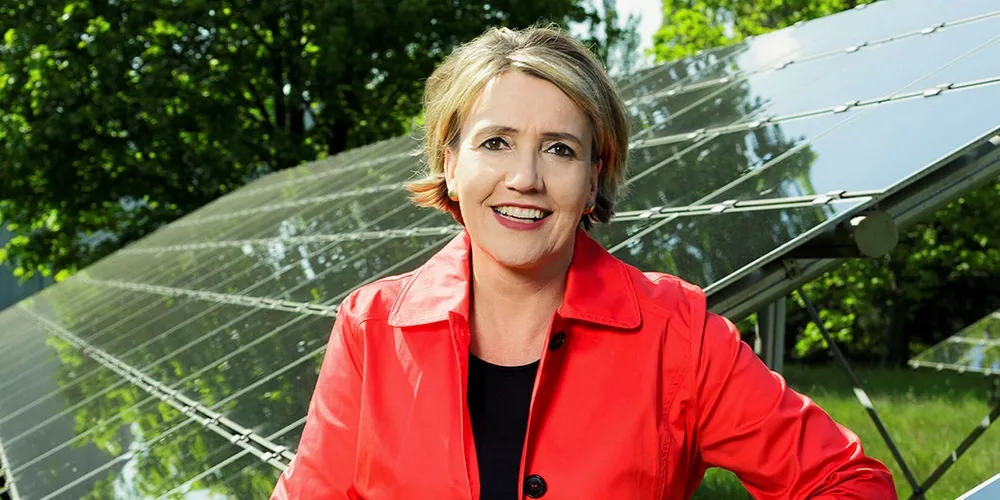German renewables fee rise prompts power tax cut demand
The EEG surcharge will rise to €0.0756/kWh in 2020 before revenue from a CO2 tax is supposed to lower it slightly

The EEG surcharge will rise to €0.0756/kWh in 2020 before revenue from a CO2 tax is supposed to lower it slightly
